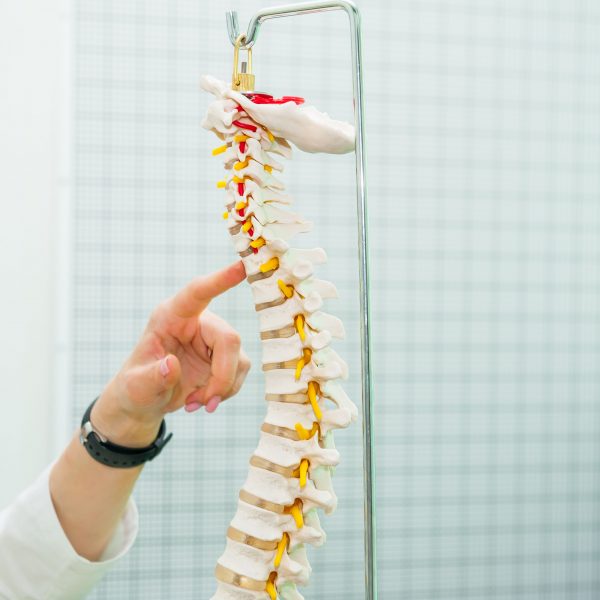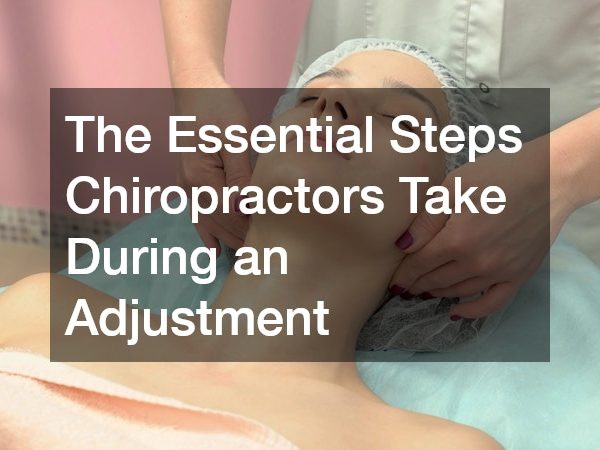Hair breakage is perhaps the most common form of body problem, considering what we put our hair through on a daily basis. It’s true that some have it worse than others. Still, anyone can suffer from it, regardless if our hair is long or short, straight or curly.
The following are some of the reasons behind hair breakage that don’t involve genetics, including what you can do to cope.
Poor diet
One of the major factors that affect our overall health is our diets. Our daily food choices can prove either helpful or detrimental to the life cycles of our hair. If you eat mostly junk food, for example, that can hinder your hair from receiving the nutrients that it needs. As a result, your hair becomes dry, brittle, and more prone to breakage. Growth can also be stunted.
To prevent this from happening, you should include foods that promote better hair health in your diet. Some examples are those rich in protein and fatty acids, like salmon and trout. Both have also been proven to help with hair shine. Spinach, which has tons of vitamins A and C and iron, can improve the state of brittle hair. Fruits that are brimming with vitamin C, like guava, are best for hair breakage.
Over-processing

We use our hair for self-expression. Cutting, dyeing, curling — these are only some of the things that we do regularly to improve our looks. Doing so not only helps in making us feel good but improves how others see us, too. As beneficial as they can be, though, they also have drawbacks. Something as simple as blow-drying or curling with iron can wear down the hair follicles, making strands susceptible to breakage.
Of course, you don’t have to stop styling your hair because of this. However, it’s important to consider the ways that you can provide upkeep if you continue with your hair routines. If you suffer from dryness as a result of heat styling, you can use hydrating hair masks every once in a while for maintenance. There are many DIY recipes for organic hair masks, too.
Additionally, bleaching, dyeing, and cutting are jobs best left to professionals. While they’re cheaper done DIY, you only risk damaging your hair more since you don’t have a background in hair styling.
Stress
Extreme stress can be the bane of any person’s existence. Not only has it been linked to depression and anxiety but to hair damage, as well. A stressful lifestyle can trigger a scalp disorder known as telogen effluvium. This occurs when the body produces more cortisol than normal, resulting in the hair cycle stopping at the resting phase. This leads to hair thinning and falling, and at times breaking off at the ends since.
It’s been said a million times, but you should try to relax as much as you can. Attending stress management classes can be beneficial. Aside from that, taking breathers and breaks from your responsibilities, and participating in meditative exercises can help in improving your anxieties and hair health.
By making smarter decisions and taking better care of yourself, you invest not only in the health of your hair but your overall being, too. You can continue looking and feeling good without sacrificing anything.






